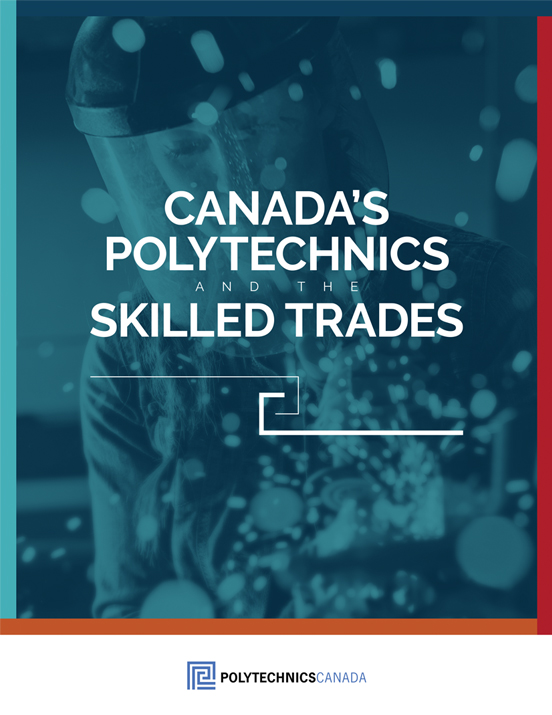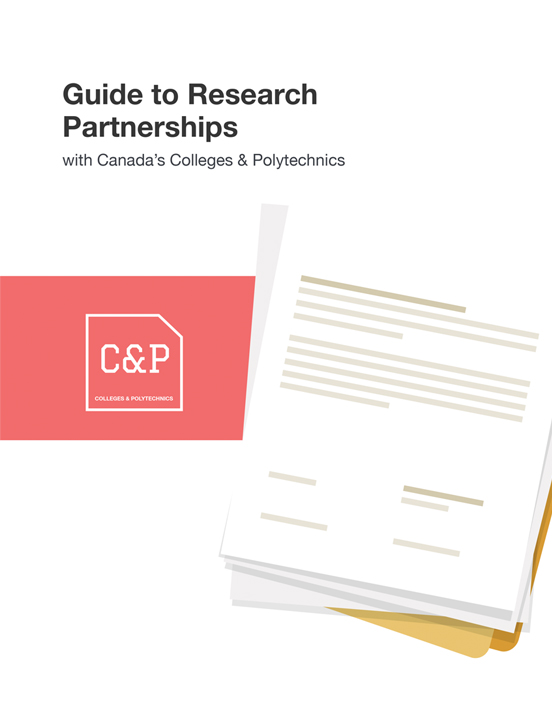Canada’s workforce is facing two distinct pressure points – an aging workforce and the emergence of disruptive technology. As new technologies become pervasive, the current workforce and recent graduates alike must develop new and in-demand skills to stay relevant in the labour market. As the pace at which Canadians are retiring also increases, the talent pipeline must become more efficient, with qualified workers ready to fill looming vacancies. While these issues are affecting the workforce broadly, the skilled trades are facing these dual challenges faster than most.
In this compendium of stories and examples from across our institutions, we identify the four ingredients of excellence in skilled trades training:
- Future-focused facilities that reflect the ongoing critical role skilled tradespeople play in Canada’s economy
- Innovative training delivery that responds to the pressures apprentices face to both return to trade school and maintain workplace connections
- Supporting greater diversity and inclusion in the skilled trades by building confidence and competency among those groups currently under-represented
- Inspiring leaders, who share their expertise and experience with apprentices who are just starting to imagine where a career in the trades will take them







